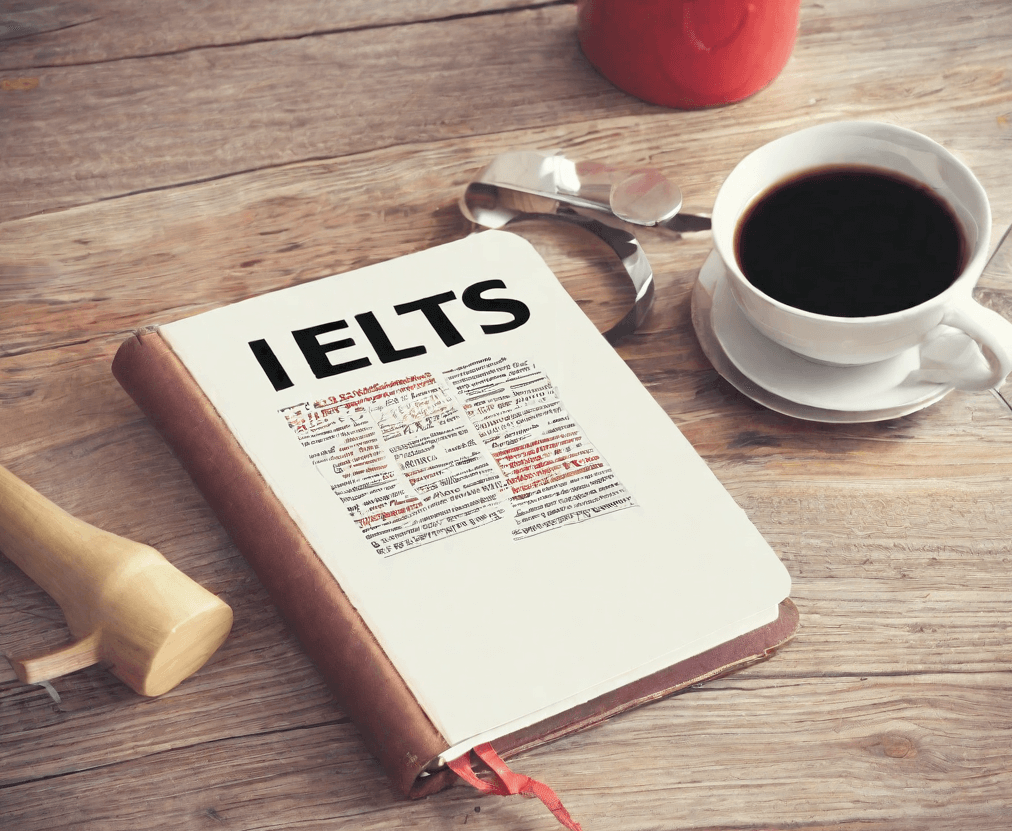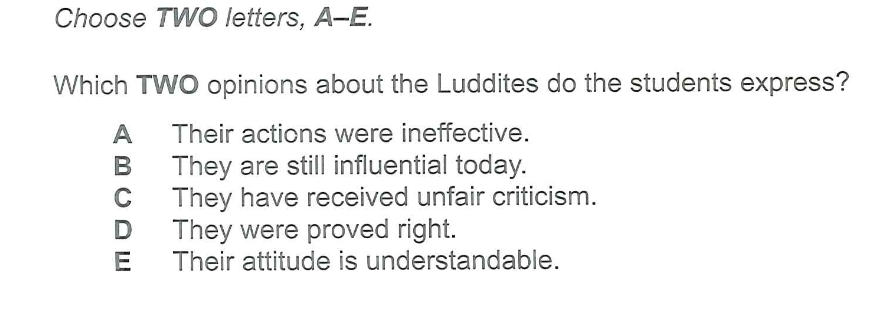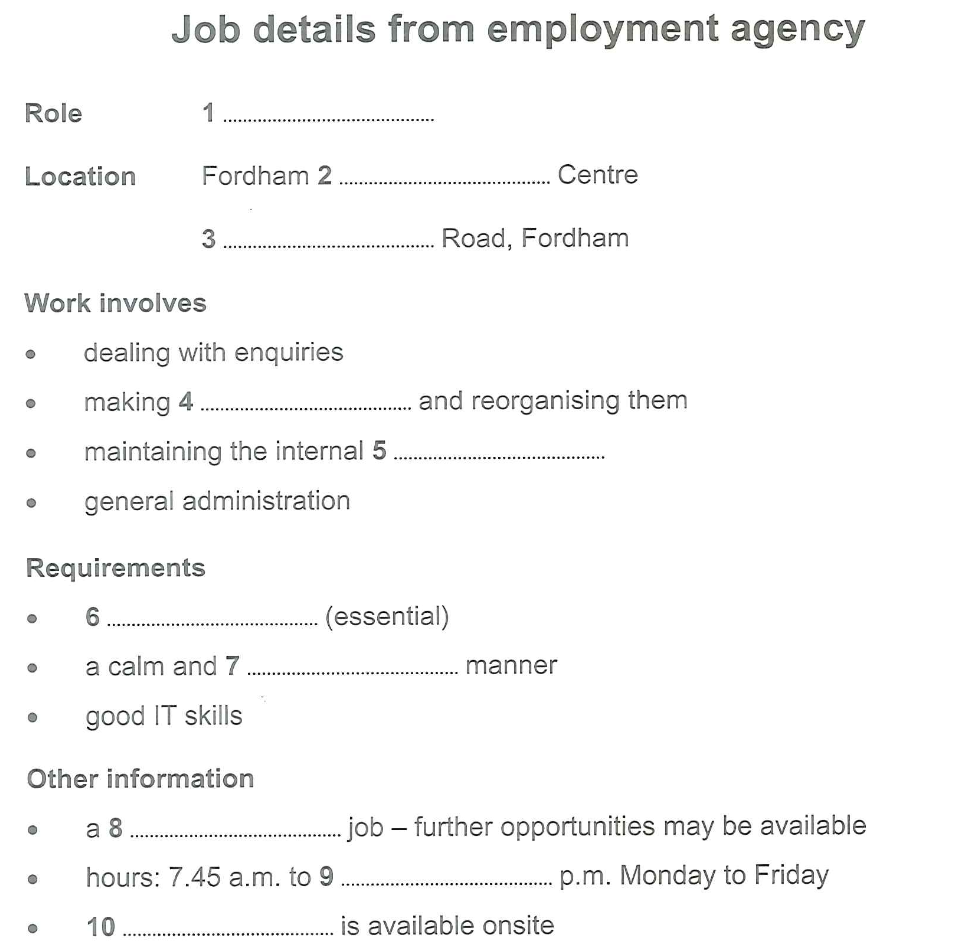
Preparing for the IELTS listening test can be challenging, especially if you are unfamiliar with the different question types that may appear. In this article, we will explore the various question types you may encounter in the IELTS listening test and provide strategies to help you approach each one effectively.
- Multiple Choice Questions

Multiple choice questions are a common question type in the IELTS listening test. These questions require you to select the correct answer from a set of options. It is important to listen carefully and understand the subtle differences in wording or meaning between the options.
Strategies for answering multiple choice questions:
- Carefully read the instructions and options before the recording begins.
- Underline keywords in the question and options to help you focus on relevant information.
- Listen attentively to the recording and eliminate clearly incorrect options.
- Pay attention to keywords, synonyms, and paraphrases used in the recording.
- Be cautious of distractors and choose the option that best matches the information provided in the recording.
- Matching Questions

Matching questions in the IELTS listening test require you to match a set of items or information with another set. This could involve matching headings to paragraphs, people to statements, or pictures to descriptions.
Strategies for answering matching questions:
- Familiarize yourself with the different types of matching questions that may appear in the test.
- Read the instructions and options carefully before the recording starts.
- Pay attention to any numbering or labeling used in the question and options.
- Listen carefully to the recording and try to identify the relevant information for each item.
- Use keywords, synonyms, or specific details to match the items correctly.
- Note Completion Questions

Note completion questions involve filling in gaps in a set of notes or a summary using information from the recording. These questions assess your ability to comprehend and extract specific details from the audio.
Strategies for answering note completion questions:
- Read the instructions and the incomplete notes carefully before the recording starts.
- Identify the context and the type of information you need to fill in the gaps.
- Listen attentively to the recording and focus on the relevant information.
- Look out for keywords, synonyms, or paraphrases that match the missing information.
- Pay attention to the word limit and grammatical structure when filling in the gaps.
- Summary Completion Questions
Summary completion questions require you to complete a summary of the recording by filling in the missing words. These questions assess your ability to understand the main ideas and key information presented in the audio.
Strategies for answering summary completion questions:
- Read the instructions and the summary carefully before the recording starts.
- Identify the main ideas and key information in the summary that need to be completed.
- Listen carefully to the recording and focus on the relevant information.
- Look out for keywords, synonyms, or paraphrases that can help you fill in the missing words.
- Pay attention to the grammatical structure and coherence of the completed summary.
- Sentence Completion Questions
Sentence completion questions require you to complete sentences using information from the recording. These questions assess your ability to understand detailed information and the relationships between ideas.
Strategies for answering sentence completion questions:
- Read the instructions and the incomplete sentences carefully before the recording starts.
- Identify the type of information needed to complete the sentences.
- Listen attentively to the recording and pay attention to the relevant information.
- Look out for keywords, synonyms, or paraphrases that can help you complete the sentences accurately.
- Ensure that the completed sentences maintain the correct grammatical structure and coherence.
- Short Answer Questions
Short answer questions require you to provide brief answers to specific questions based on the information in the recording. These questions test your ability to comprehend and extract detailed information.
Strategies for answering short answer questions:
- Read the instructions and the questions carefully before the recording starts.
- Identify the keywords or key information in the questions.
- Listen carefully to the recording and focus on the relevant information.
- Look out for keywords, synonyms, or paraphrases that can help you answer the questions accurately.
- Keep your answers concise and within the specified word limit.
In conclusion, getting familiar with the various question types in the IELTS listening test and practicing effective strategies can significantly improve your performance. Remember to carefully read the instructions, listen attentively, and use keywords, synonyms, and paraphrases to identify the correct answers. With practice and preparation, you can confidently tackle any question type that you encounter in the IELTS listening test. Good luck!
Leave a Reply